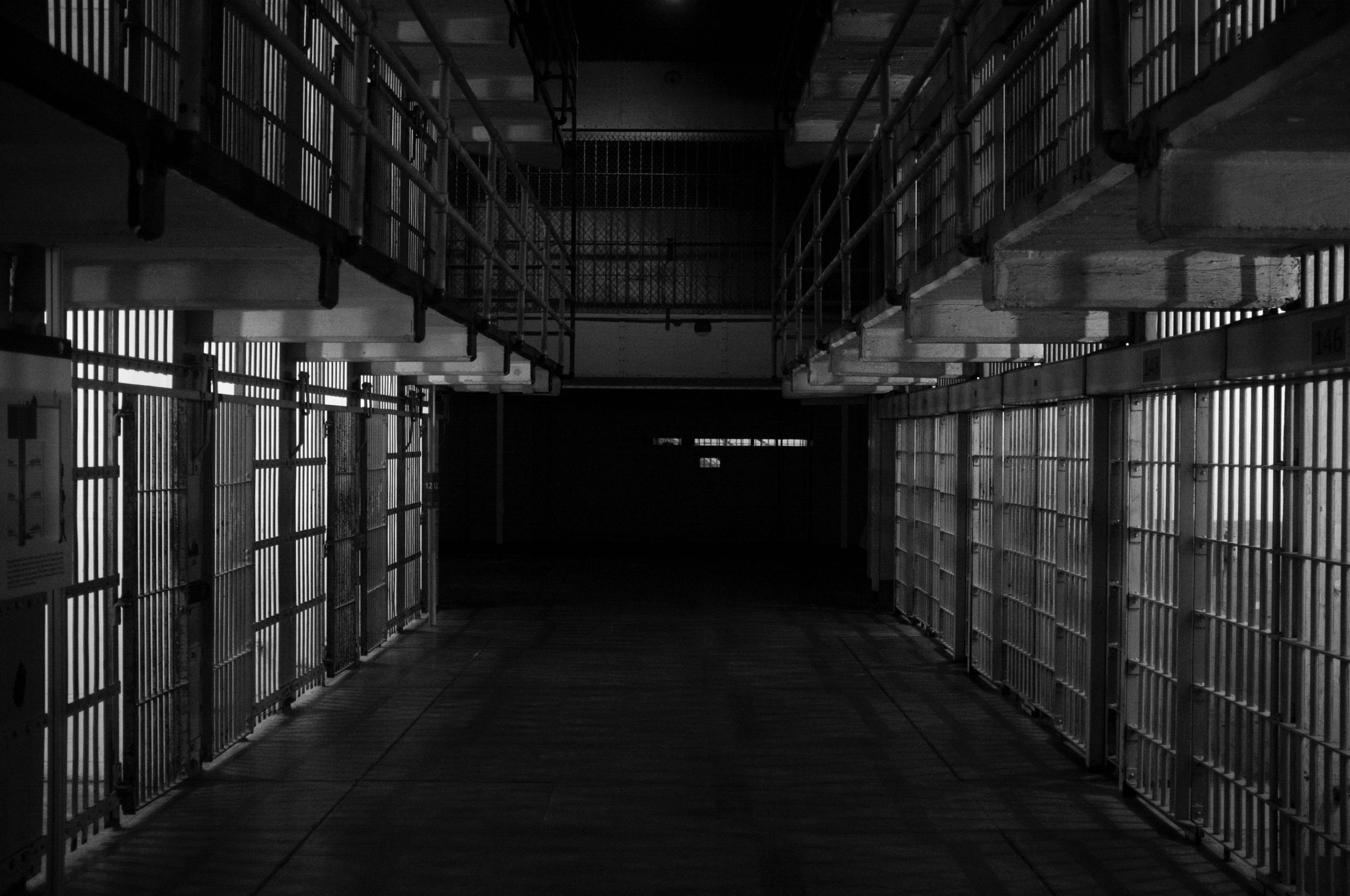What’s Happening Right Now?
The Department of Justice (USDOJ) sued the Louisiana Department of Public Safety and Corrections (LDPSC) on behalf of a deaf imprisoned person for failing to provide American Sign Language (ASL) interpreters and violating the Americans with Disabilities Act (ADA).
The LDPSC established a training program to train hearing imprisoned people to interpret for Deaf* people imprisoned in the state. The DOJ Office of Civil Rights (OCR) commended LDSPC for “initiating an innovative program that trained selected inmates to become nationally certified interpreters,” remarking the success of the program was due to partnership between the state of Louisiana, LDPSC, and the program administrator.
*The term “Deaf” will be used throughout this document as a term to collectively include Deaf, DeafBlind, DeafDisabled, and Hard of Hearing persons (DDBDDHH).
The crisis at hand…
The Federal Bureau of Prisons’ (BOP) vision for successful operations is that offenders will be treated humanely, prisons will be safe, and imprisoned people will be well-prepared for a productive return to society.
RID takes the position that creating an inequitable balance of power between hearing imprisoned people and Deaf imprisoned people is inhumane and illegal. It is extremely dangerous for prisoners with disabilities to rely on other prisoners’ assistance for basic needs. We also clarify that hearing imprisoned people are neither able to achieve certification for ASL interpreting, nor able to gain the necessary education and experience to achieve language proficiency or familiarity with Deaf culture during their incarceration. These factors contribute to oppression and marginalization, create an exploitative environment, and impede the success of Deaf imprisoned peoples’ preparation for a return to society.
The Americans with Disabilities Act requires an interpreter to be able to interpret accurately and impartially; this is impossible to achieve when utilizing hearing imprisoned people for interpreting work. Additionally, there are neither any avenues for certification within the prison system, nor checks to ensure that interpretations are accurate and impartial.

